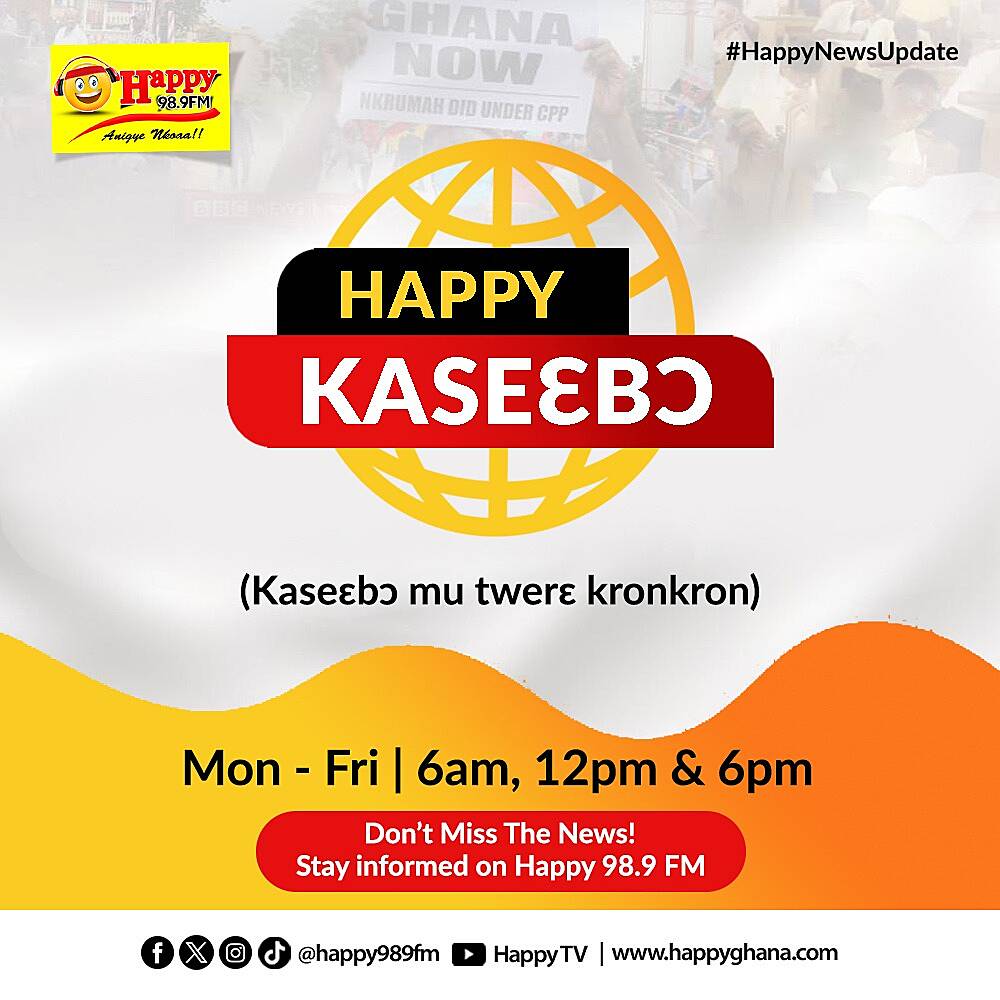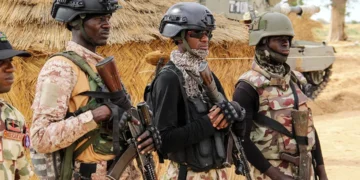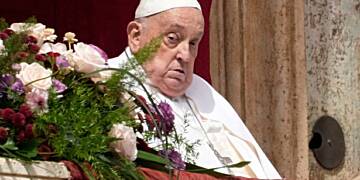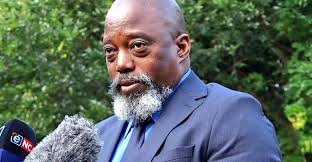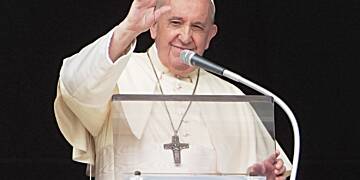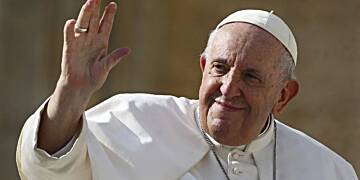
Sri Lanka’s prime minister Ranil Wickremesinghe has been sworn in as acting president as the country reels from an economic crisis and unrest.
He replaces Gotabaya Rajapaksa who fled to Singapore after unprecedented mass protests which saw demonstrators overrun the presidential palace.
Protesters defied a curfew to celebrate his resignation during the night.
Sri Lanka is experiencing economic chaos as it faces an acute shortage of food, fuel and other basic supplies.
The process of parliament electing a new president will begin on Saturday, with MPs likely to take a vote in a week’s time.
Given the governing party has a majority, MPs are thought likely to back Mr Wickremesinghe, who has close links with the Rajapaksa family.
But whether Sri Lanka’s public would accept this is another matter, because Mr Wickremesinghe’s resignation as PM was a key demand of protestors.
Earlier this week, crowds stormed the former prime minister’s compound, clashing with security forces.
A demonstrator. Manuri Pabasari, told the BBC at the time that a protest rally against Ranil Wickremesinghe was expected in the coming days.
“He has no people’s mandate [and] is a well known Rajapaksa supporter,” she added. “I mean the new president and the new prime minister should be not a Rajapaksa supporter.”
The governor of Sri Lanka’s central bank, Nandalal Weerasinghe, has warned the country may shut down if no stable government is formed soon.
There was a “lot of uncertainty” over whether enough foreign exchange can be found to pay for essential petroleum, he told the BBC’s Newsnight programme, and progress on getting an international bailout package depended on having a stable administration.
Source: BBC

